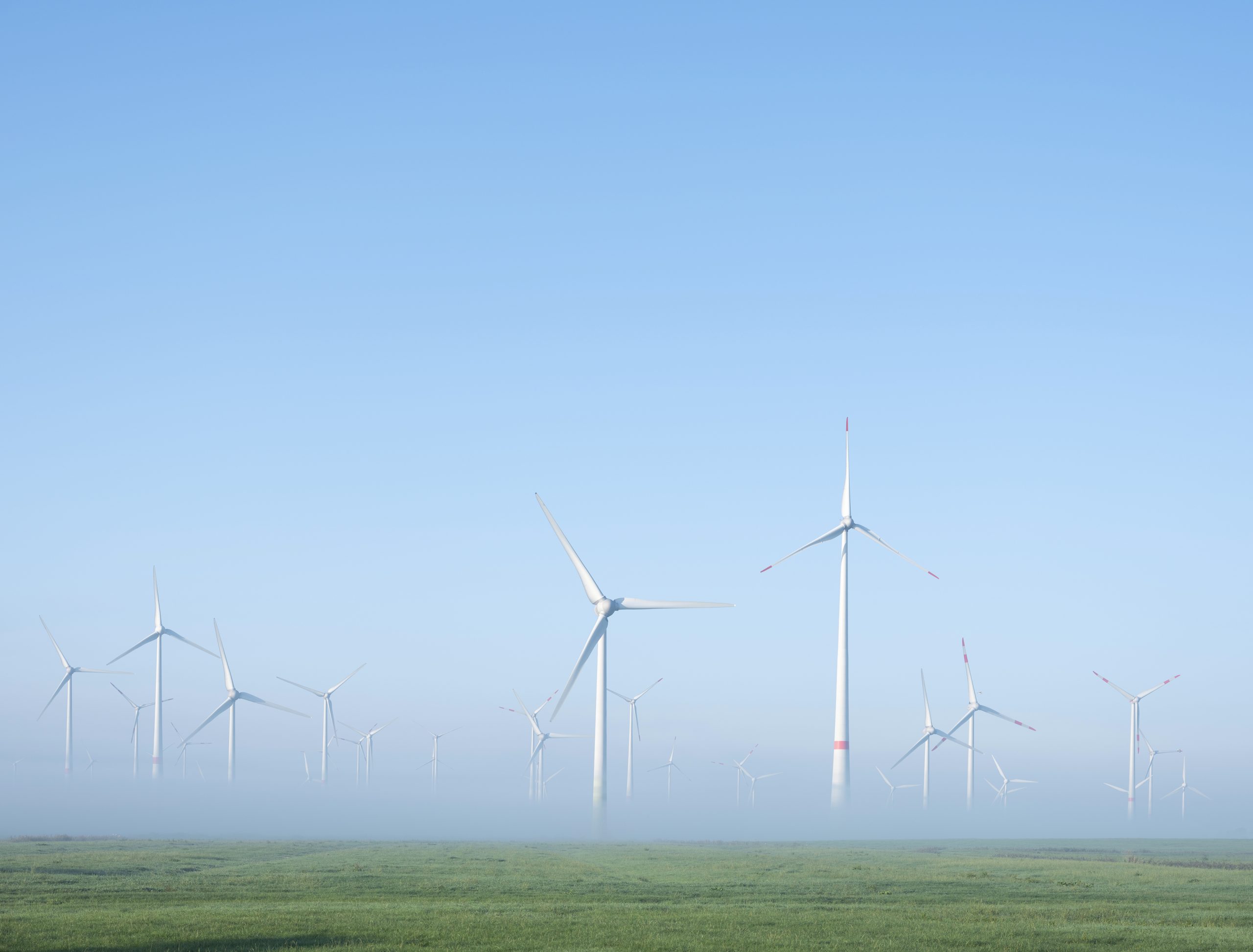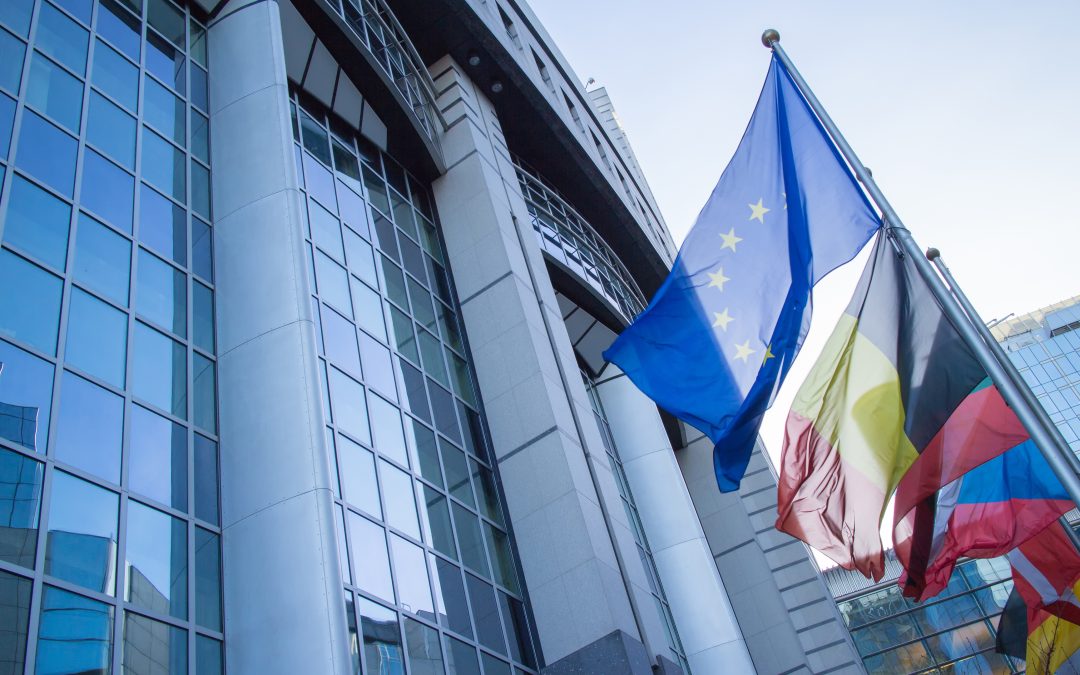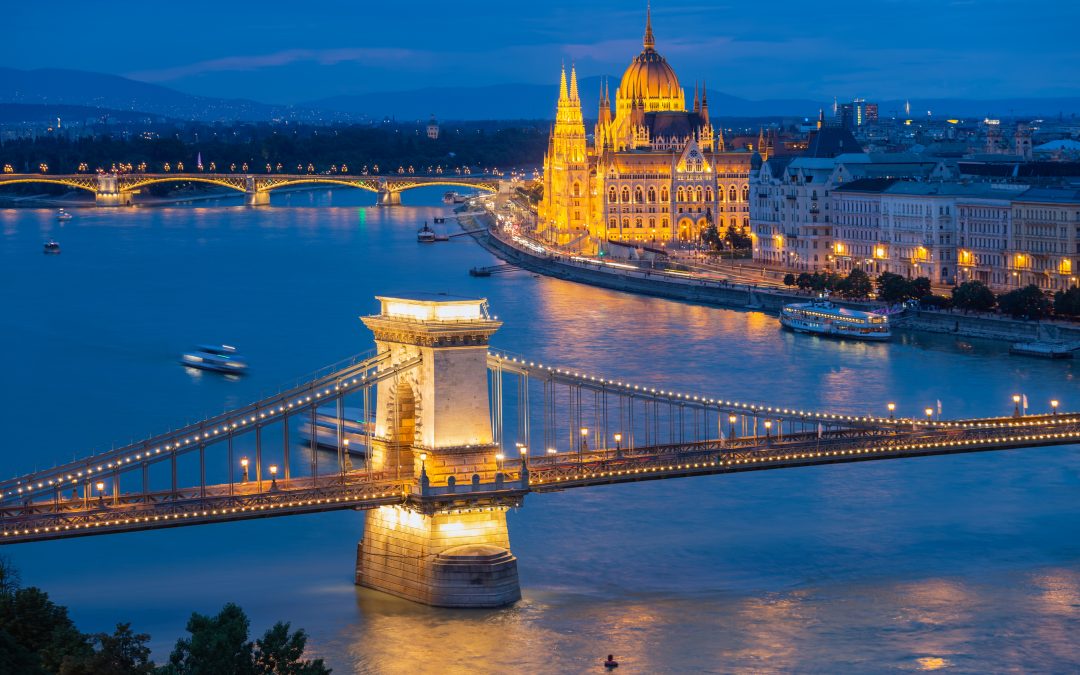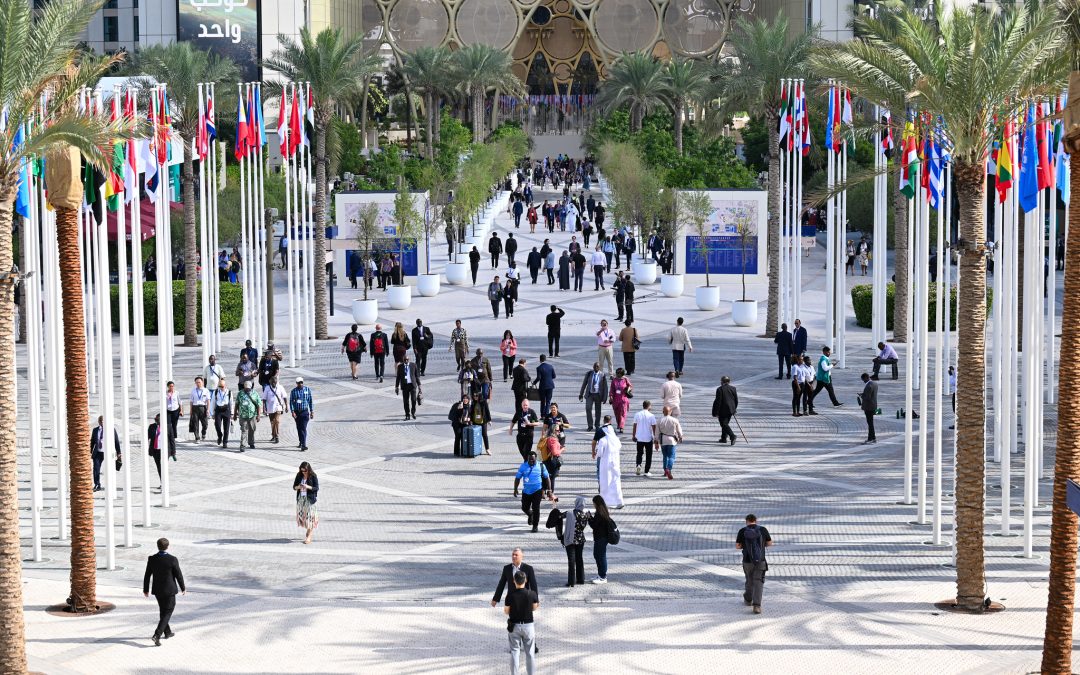Germany, Europe’s economic powerhouse and as a global leader in exports and imports, Germany’s influential roles in international organizations underscore its pivotal global responsibilities, such as the implemetation of the Sustainable Development Goals (SDGs). The focus on SDG7, which emphasizes Affordable and Clean Energy, has gained momentum due to the dual challenges of a swift post-pandemic economic recovery and the ongoing Ukraine conflict.
Germany, Europe’s economic powerhouse, boasts the continent’s second-largest population, exceeded only by Russia. As a global leader in exports and imports, Germany’s influential roles in international organizations underscore its pivotal global responsibilities. The commitment to the Sustainable Development Goals (SDGs) is among these responsibilities. The focus on SDG7, which emphasizes Affordable and Clean Energy, has gained momentum due to the dual challenges of a swift post-pandemic economic recovery and the ongoing Ukraine conflict. The universal consensus emphasizes the importance of affordable energy access for German households, ensuring both their financial and overall well-being.
To truly understand the urgency of increasing the renewable energy share in Germany, it is essential to consider another critical goal, SDG 13, Climate Action. This, intertwined with the principles of SDG7, Affordable and Clean Energy, addresses the urgent issue of climate change. Notably, Climate Action and Responsible Consumption and Production are among the few SDGs that predominantly concern developed countries like Germany, yet the consequences of inaction often impact developing nations the most.
Germany’s Energy Consumption Dilemma
Germany ranks as the seventh-largest CO2 emitter worldwide. Given the profound impacts of CO2 emissions on the global climate, Germany must intensify its mitigation efforts since Germany’s energy consumption is still revealing a significant dependence on non-renewable sources.
However, why is it crucial for Germany to expedite its shift away from fossil fuels? The lessons learned from its reliance on Russia is a primary reason. The international community has widely denounced Russia’s actions against Ukraine, leading to sanctions against the country. For Germany, a significant repercussion of these sanctions is the suspension of Nord Stream 2, a pivotal natural gas pipeline connecting Russia and Germany via the Baltic Sea. While these sanctions respond to geopolitical tensions, they present challenges and opportunities for Germany.
On the upside, the situation propels Germany towards greater adoption of renewable energy sources and a path to energy independence. Conversely, Germany’s prior dependence on Russian gas challenges a swift transition to renewables. In 2022, concerns arose about potential energy shortages during the winter. This predicament resulted in a temporary resurgence in coal usage, an energy source with a more detrimental environmental impact than gas. Despite ongoing plans to phase out coal plants, 15 remain operational. These dynamics underscore the pressing need for Germany to ensure a reliable and sustainable energy supply for its businesses and households in the coming years.
Projecting Germany’s Energy Landscape
It is essential to envision the potential trajectory of Germany’s energy landscape. One method is to analyze the “business as usual” scenario. Factors such as the COVID-19 pandemic and the Ukraine conflict have recently contributed to a slowdown in the growth of renewable energy’s share in total energy consumption.
However, a modest resurgence in adopting renewable energy is anticipated in the coming years. While the growth rate has slightly increased from its previous stagnation, it remains moderate. This gradual rise underscores the need for persistent and amplified efforts to accelerate the transition to renewable energy, even amidst global challenges.
Germany has set ambitious future energy targets, aiming for 30% renewable energy by 2030 and an aspirational 60% by 2050. To gauge the feasibility of these targets, it is crucial to delve into Energiewende, Germany’s 2010 initiative championing a sustainable, reliable, and affordable energy transition.
Energiewende began with promise. Between 2013 and 2016, Germany witnessed significant strides in clean energy: a 4.7% reduction in energy consumption, renewables emerging as the primary electricity source, and a commendable 1.6% annual boost in energy efficiency. However, the momentum of Energiewende has waned since 2016, facing challenges such as public resistance to specific renewable sources, notably wind turbines. On a brighter note, Germany has reduced total CO2 emissions by 37.24% when comparing 2020 to 1990 figures. These mixed developments raise a pivotal question:
How can Energiewende be rejuvenated not only to meet but potentially surpass its ambitious objectives?
Navigating Energy Challenges and Crafting Solutions
Germany’s prevailing energy policies warrant a reevaluation. In the wake of the cessation of Russian natural gas due to imposed sanctions, Germany has reverted to coal burning, one of the most environmentally detrimental fossil fuels. This shift is particularly concerning, especially with Germany’s historical aversion to nuclear energy. Following the 2011 Fukushima disaster, Germany expedited its transition from nuclear power despite its potential as a bridge to renewable energy.
While the apprehensions surrounding nuclear energy, such as potential accidents and the challenge of radioactive waste management, are valid, the merits of nuclear power as a viable clean energy source cannot be overlooked. Nuclear energy offers efficient electricity production and can serve as an interim solution until a robust renewable infrastructure is in place. An immediate strategy should prioritize a significant reduction in coal consumption.
Reintegrating nuclear energy, even temporarily, can bridge the gap. Research from the National Bureau of Economic Research suggests that this approach can substantially curtail CO2 emissions, potentially saving 1,100 lives annually and mitigating $12 billion in societal costs.
Another challenge lies in integrating interdisciplinary expertise and fostering public engagement in energy policy decisions. For instance, post-Fukushima, decisions veered more towards emotional and political considerations than expert counsel. A committee not specialized in nuclear risk analysis advocated for the phase-out of nuclear power without a comprehensive evaluation of its potential advantages. This scenario underscores the imperative of informed decision-making.
Germany can craft more effectual energy strategies by positioning experts in pertinent roles, encouraging interdisciplinary collaboration, and actively involving the public. For instance, a more inclusive public engagement could have enriched the Renewable Energy Sources Act 2014. A synergistic collaboration between experts and the public can pave the way for successful energy policies, aligning with shared objectives.
Charting Germany’s Renewable Energy Future
The imperatives for Germany are clear: address the supply vulnerabilities associated with non-renewable energy sources and mitigate their environmental ramifications. Despite facing challenges, Germany’s Energiewende initiative offers a foundational blueprint for future energy policies. Immediate steps should encompass reducing coal consumption and potentially reintroducing nuclear energy as a transitional solution until a solid renewable infrastructure is established. Furthermore, it’s paramount to integrate experts from diverse fields into the policy-making process and ensure active public participation in these pivotal decisions.
Germany’s influential position within the EU and on the global stage means its energy decisions resonate far and wide. As the repercussions of non-renewable energy consumption impact not only Germany but also nations worldwide, Germany is responsible for leading by example, championing the transition towards a sustainable and renewable energy future.

Mátyás Örlős is the owner & CEO of GreenGenesis Kft., a web hosting service that creates YouTube content for hundreds of thousands daily. Mátyás is taking a gap year after graduating high school and the Milestone Institute, where he became interested in sustainable development, prompting him to write this op-ed. He plans to study the opportunities in the intersection of artificial intelligence and sustainability at university.




